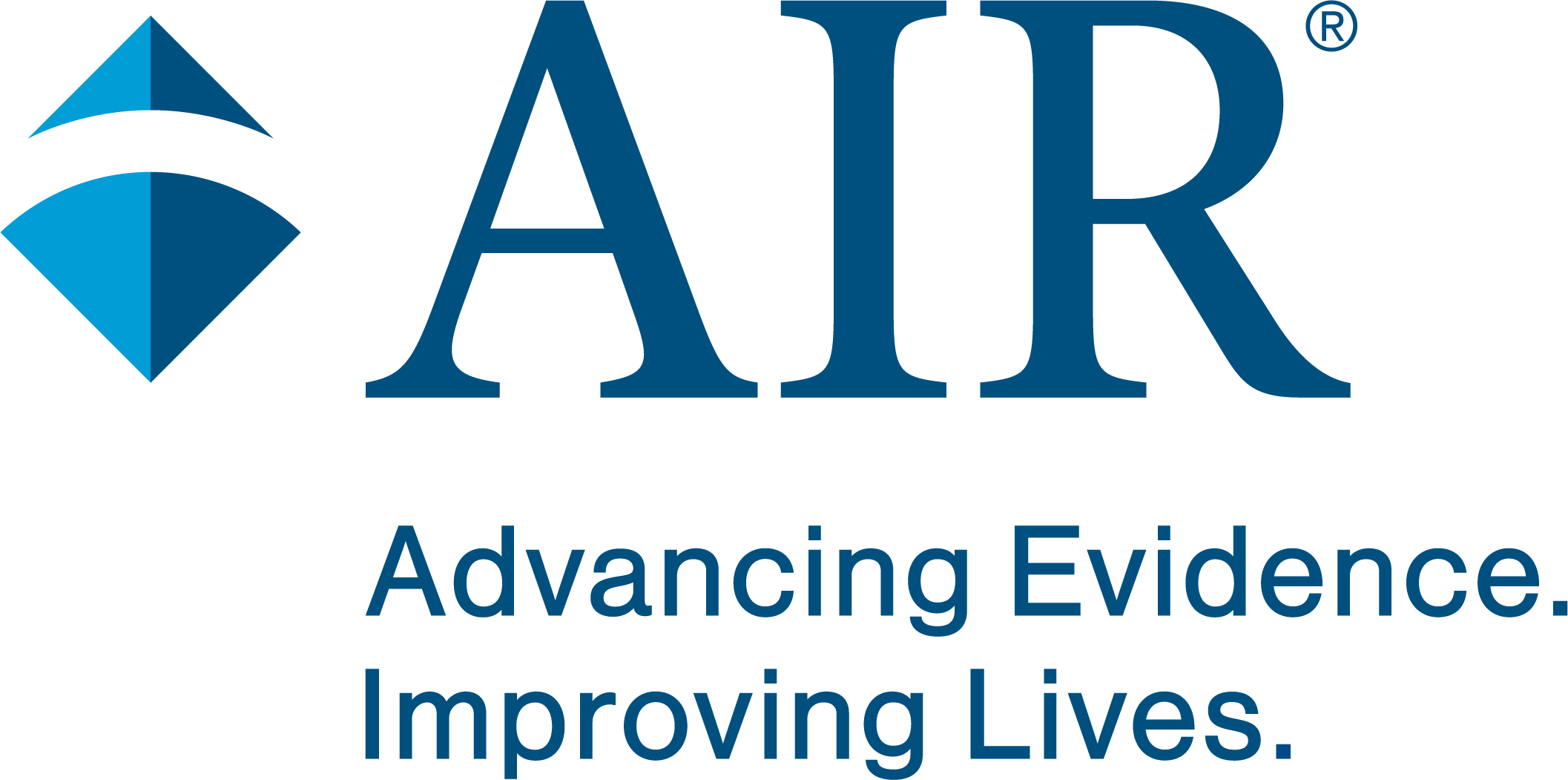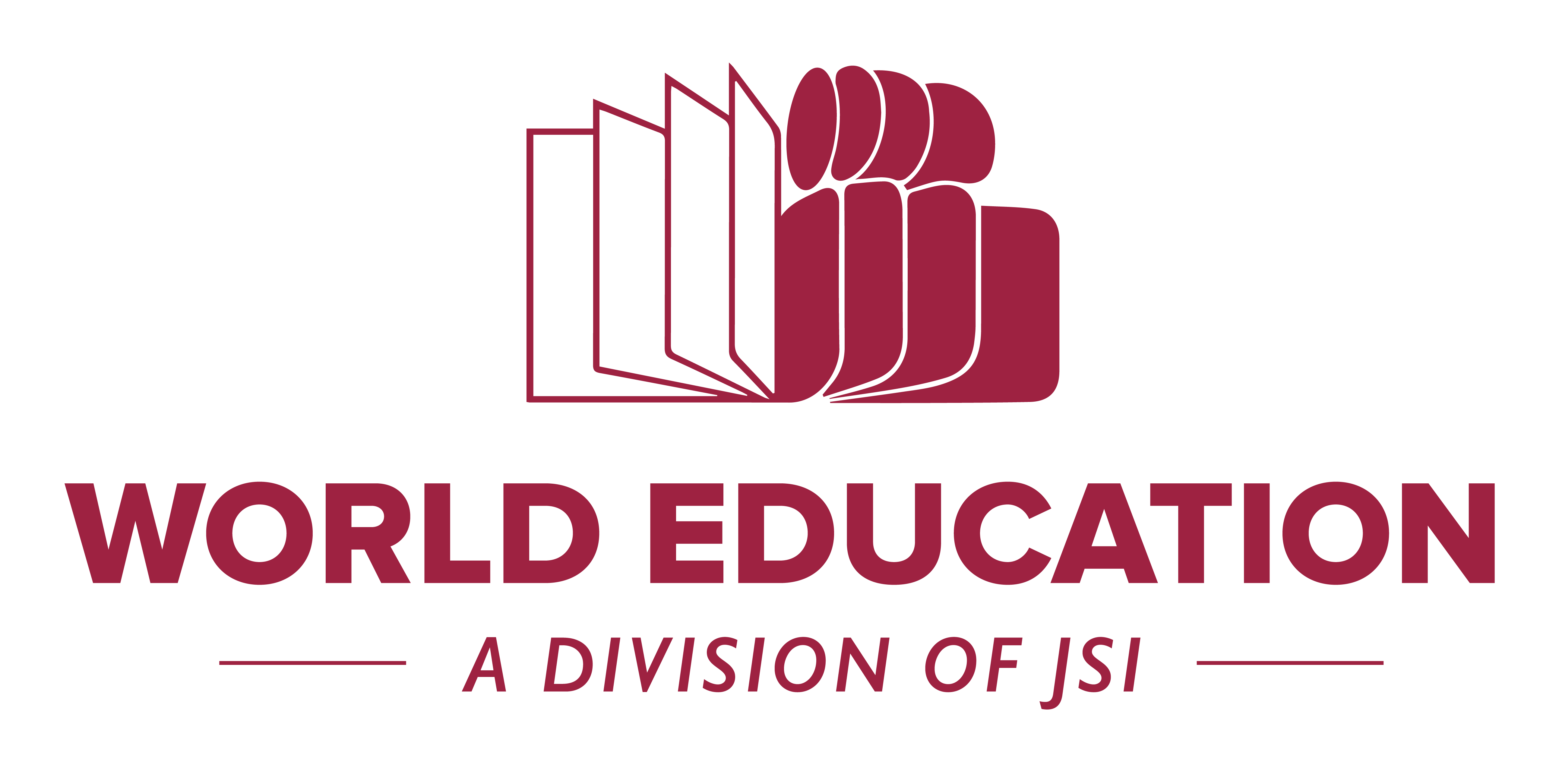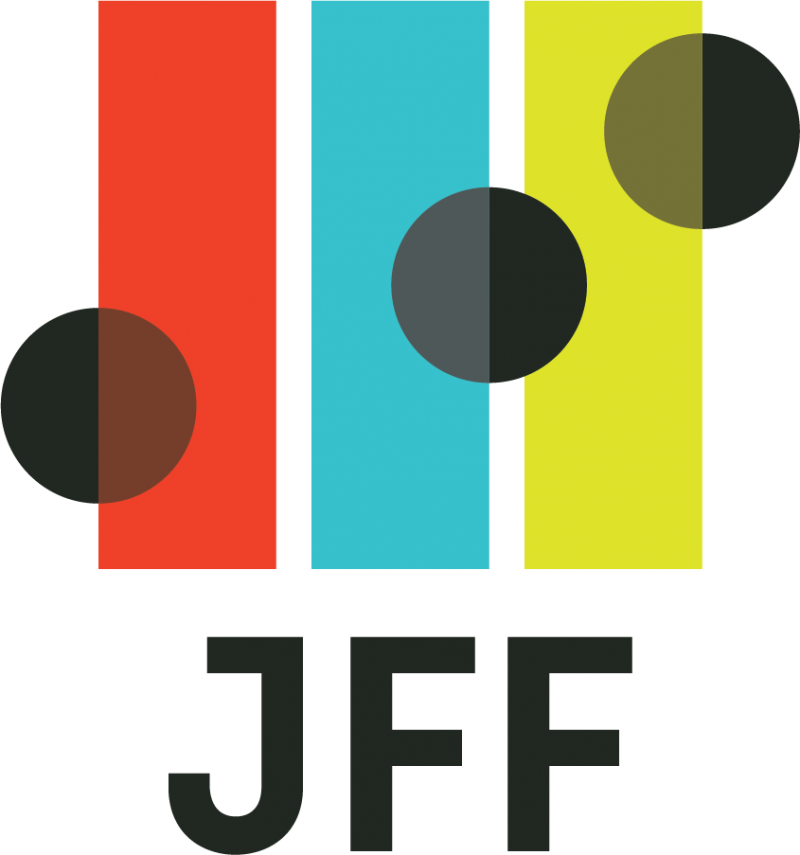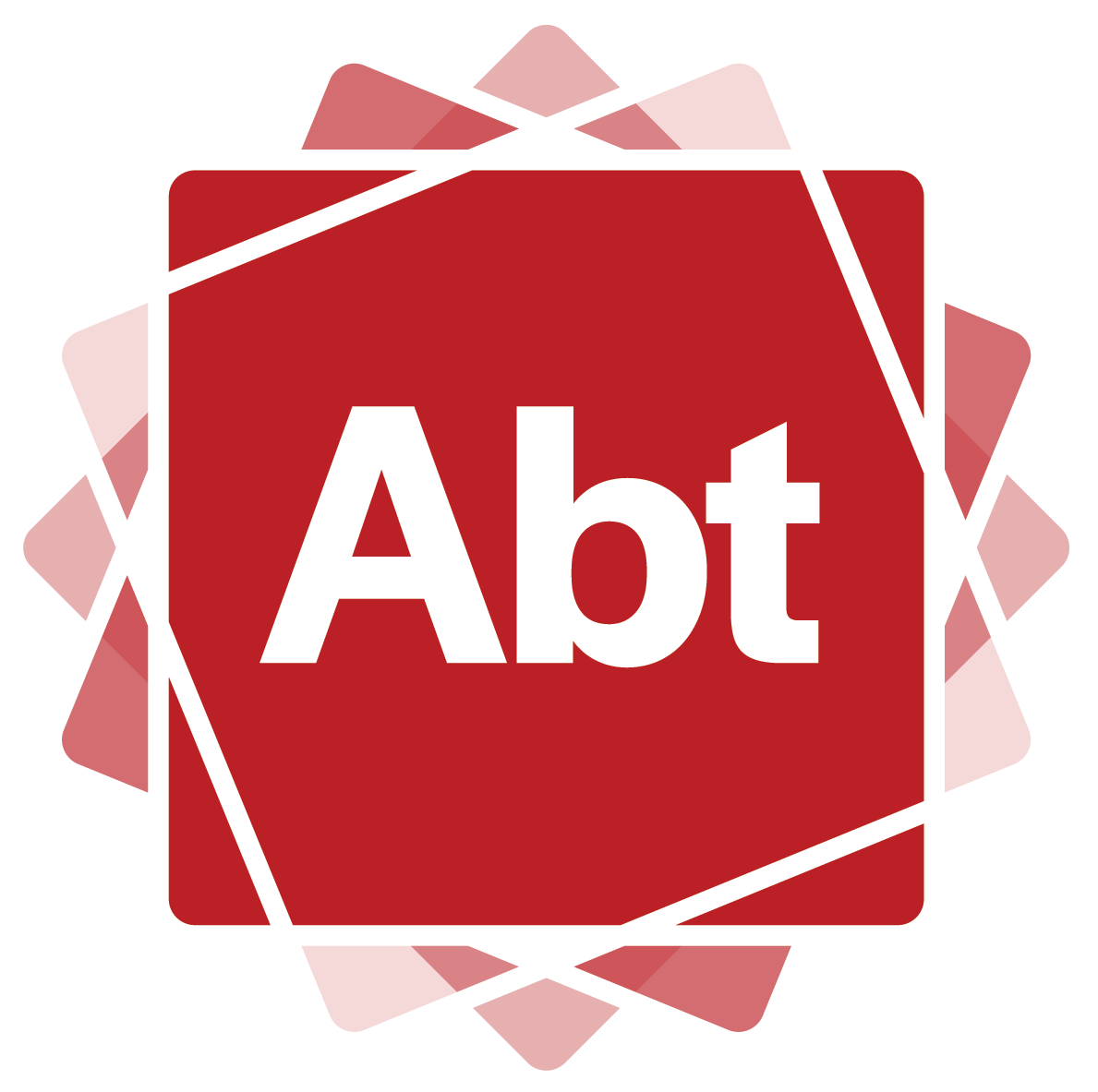The aim of the CREATE Edtech Technical Assistance (TA) Library is to provide guidance to practitioners and adult education leaders on integrating or advancing instruction through edtech and other digital technology. Resources include technology integration and digital skills frameworks, technology adoption checklists, webinars highlighting promising resources and strategies, and technology enhanced lesson plans and guidance.
Each submitted resource has been evaluated by internal subject matter experts from World Education to determine their viability for inclusion, their alignment to one or more technical assistance categories (informed by prior research and the expertise represented in the CREATE Adult Skills Network), and their quality of content, structure, and guidance. The technical assistance categories in this library include:
- Planning technology use;
- Communicating with learners;
- Managing content/instruction;
- Determining instructional content;
- Providing instruction through different modes; and
- Assessment
You can locate resources through the categories or by keyword search.
We welcome feedback on our contributions, categorization, and tagging. To report a broken link for any of our resources, please click on the “submit feedback” button seen above and fill out the form.
Do consider nominating a technical assistance resource, by clicking on the "submit new resource" button seen above and fill out the form. Submissions are reviewed monthly and will be added to the library if approved.
Read more
How can digital tools be used to efficiently and successfully carry out recruitment, assessment of students’ digital literacy strengths and needs, onboarding, and orientation? In this webinar, learn about tools and research-based strategies for using digital tools to create an inclusive and supportive culture for welcoming new learners into your program and preparing them for success. Explore specific strategies and digital tools for finding and connecting with potential students, assessing their digital literacy strengths and needs, and helping them to have a positive start using digital devices in your classes.
Do you have educational technology fatigue? Do you struggle to decide which webinars to attend, or which tools to learn? During this presentation, learn how to evaluate EdTech tools, and begin to create your EdTech toolkit. Every tool is not designed to be utilized in every class. Watch to figure out how to plan consistent, intentional, and proficient lesson plans. Link to Wakelet: https://wakelet.com/wake/2Ohw7UqRayqLUZOQ0LCUr?utm_medium=Referral&utm_…
Explore this curated resource list, including YouTube videos, podcasts, and articles to learn more about generative AI in education. The list is organized by key topics including The Basics, Power of Open (open source, creative works), Making it Work (applications in education), and Humans in Focus (ethics and equity). These categories reflect considerations when learning about or planning to use AI in instruction.
In this webinar, Jen Vanek from World Education outlines the steps for planning effective outreach using a communications planning template and will share how one organization uses a Facebook Messenger pop-up to support automated communication; EdTech Center Advisor Jeff Goumas from CrowdED Learning examines various free tools for communications to be leveraged based on your organization’s goals and end user access; and Melanie Sampson, the Content Director at Literacy Work’s Clear Language Lab shares key principles of plain language that you can incorporate into your communication strategies as well as resources to further your use of these principles.
The System for Adult Basic Education Support (SABES) offers this webinar to address these questions: What digital tools can help us continue to provide real-time and asynchronous practice and support? And how can we choose ones that are the best to use according to your staff and student needs?
In this webinar, Jen Vanek from World Education highlights key evaluation criteria teachers might consider when choosing a mobile app to support instruction; Tiffany Brand from Dover Adult Learning Center shares her strategies for involving learners in evaluation after use; and EdTech Center Advisor Jeff Goumas from CrowdED Learning leads a discussion on the importance of establishing metrics for evaluating app effectiveness based on your goals.
Teachers, advisors, tutors, and directors need to communicate with their students outside of in-person class meetings as well as for distance education classes. Keeping in touch and continuing instruction are more important than ever. What digital tools can help us continue to provide real-time practice and support? What asynchronous communication tools are most effective to allow people to participate when schedules permit? And how can we choose the best ones to use according to staff and student needs? This webinar addresses four tool’s essential features, ways to utilize the tools for keeping in touch and for instruction, and how to select a tool that is the best match for you and your students.
This toolkit is intended to help you put the digital literacy framework from the University Libraries at Virginia Tech into action. Use this toolkit to align your work with digital literacy learning outcomes, get inspired when revising or creating a workshop, curriculum, program, or other learning experience, and learn more about the digital literacy framework.
Learn about the potential uses of ChatGPT, a natural language processing tool driven by artificial intelligence (AI) technology that allows you to have human-like conversations and much more with a chatbot, in the classroom.
Goal-setting is a crucial step for students to be able to reach their objectives. In this Tech Talk from OTAN, the hosts look at tech tools, including stand-alone apps, social media, and learning management system functions, that educators can use as students set and achieve SMART goals. This webinar also discusses using technology to highlight student achievements and encourage students to keep going.
We're all guilty of it. Responding to email, checking messages, doing some reading while holding a conversation or attending meeting. And students do the same, swearing they’re able to multi-task. Research proves that’s just not the case. This episode of “Your Edtech Questions” tackles the question of how educators can successfully address device distraction in the classroom. Guest Liz Kolb, Ph.D., educator and author of Learning First, Technology Second: The Educator’s Guide to Designing Authentic Lessons, shares the research that proves multi-tasking is unsuccessful, explains how it interrupts active listening and provides examples of the really smart things teachers are doing to manage devices in their classrooms. She also unpacks resources to help educators start having a conversation about device distraction and explains how educators can model responsible device use. Please note: You must select the podcast from the list in Buzzsprout to listen as it does not automatically pull to the podcast described above.
The 8th Edition of the IDEAL Distance Education and Blended Learning Handbook provides guidance on setting up distance education, blended learning, and hyflex courses in adult education programs. The organization of the Handbook chapters reflects important programmatic considerations, including: recruitment, screening, orientation, instruction, and assessment. The guidance provided and reflection required in each chapter support the development of practical plans for distance and blended education implementation.







